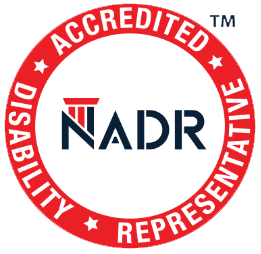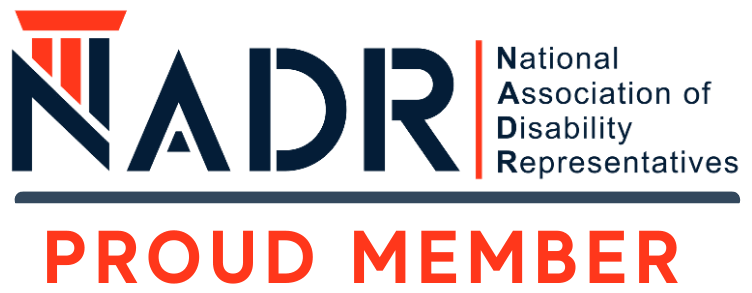Social Security Benefits for Degenerative Disc Disease
Degenerative Disc Disease, also called DDD, is more common than you think. There are over 3 million cases in the US per year. DDD typically occurs with aging, like other joints, your discs can become problematic. However, it can also occur in young people. While less likely, young people may have premature aging in the spine. The need for Social Security benefits for degenerative disc disease can arise if the condition hinders someone to work.

If you are unable to work because of DDD, you may want to look into Social Security Benefits for Degenerative Disc Disease.
What is DDD?
Degenerative Disc Disease affects the spine. In fact, there are 33 vertebrae in the spine. There are four different regions of your spine:
- Neck (cervical spine)
- Mid back (thoracic spine)
- Low back (lumbar spine)
- Lower end (sacrum/tailbone area)
The most common areas for Degenerative Disc Disease to occur are in your neck and low back regions. There are many causes of DDD. All of which you should discuss with a healthcare professional or your doctor.
Can You Get Social Security Benefits for Degenerative Disc Disease?
If you have Degenerative Disc Disease and were diagnosed by your doctor, it is essential to make sure it is recorded in your medical records. After being diagnosed with DDD, you may be unable to work. Indeed, you have the option to apply for Social Security disability benefits if you cannot work. Furthermore, individuals who apply for Social Security benefits for Degenerative Disc Disease must meet the guidelines set forth by the Social Security Administration (SSA). Additionally, medical records must be provided for the SSA to view your diagnosis and the prognosis of your condition.
Filing for benefits after a DDD diagnosis can be intricate and confusing. If you are unable to work for this or any other reason, you may qualify for SSDI or SSI benefits. Contact Disability Support Services today. Altogether, we will help explain your options and walk you through the application process.



